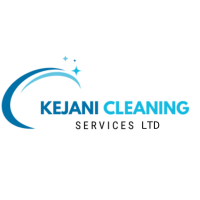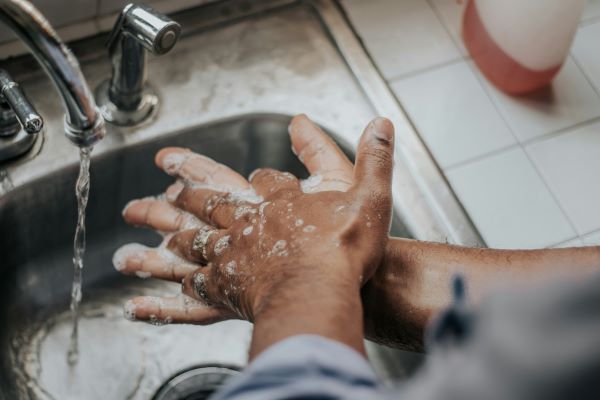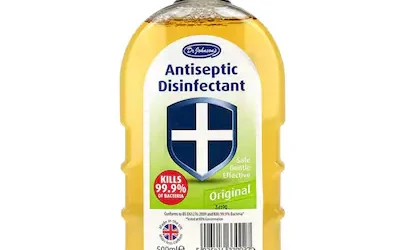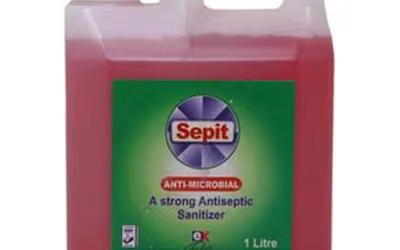Introduction
Hygiene is more than just staying clean — it’s a cornerstone of good health, personal dignity, productivity, and social responsibility. Whether at home, work, or public spaces, maintaining hygiene helps us prevent illness, enhance confidence, and live better lives. At Kejani Cleaning Services Limited, we believe hygiene is the foundation of a better society, which is why we’ve made it our mission to help individuals, businesses, and institutions across Kenya maintain high hygiene standards.
In this article, we’ll explore the five most important reasons why hygiene matters and why it should be a top priority in every setting.
1. Disease Prevention and Health Protection
Maintaining good hygiene is the most effective way to prevent the spread of illnesses and infections. Germs, bacteria, and viruses thrive in dirty environments and can be easily transmitted through contact with contaminated surfaces, food, and people.
Key Benefits:
-
Prevents respiratory illnesses like colds and flu
-
Reduces the risk of foodborne diseases
-
Stops the spread of infectious diseases like cholera, typhoid, and COVID-19
-
Keeps wounds from becoming infected
🧼 Examples: Regular handwashing, disinfecting surfaces, proper food handling, and maintaining clean toilets are all hygiene practices that directly prevent disease.
2. Boosts Self-Esteem and Social Confidence
Personal hygiene, including clean clothes, fresh breath, and a neat appearance, affects how we feel about ourselves and how others perceive us. Practicing hygiene gives you the confidence to engage in social interactions without embarrassment.
Why It Matters:
-
Enhances confidence in job interviews, meetings, and public speaking
-
Reduces anxiety caused by body odor or bad breath
-
Promotes positive impressions in personal and professional relationships
💡 Whether you’re in a boardroom or on a matatu, being clean communicates self-respect and dignity.
3. Improves Productivity and Performance
In both workplaces and schools, a hygienic environment boosts concentration, morale, and overall performance. Dirty spaces create distractions, reduce motivation, and increase absenteeism due to illness.
Workplace Hygiene Advantages:
-
Fewer sick days and more consistent attendance
-
Higher employee morale
-
Better customer satisfaction in hospitality, retail, and healthcare settings
-
Increased trust in your brand or service
🏢 Businesses that invest in professional cleaning — like our clients across Nairobi, Kiambu, and Mombasa — see better productivity and staff retention.
4. Promotes a Cleaner, Safer Environment
A clean environment is a safe environment. Hygiene helps reduce the risk of slips, falls, pest infestations, mold buildup, and cross-contamination. This applies to homes, restaurants, schools, hospitals, offices, and construction sites.
Benefits to the Community:
-
Keeps neighborhoods clean and livable
-
Protects vulnerable groups like children, the elderly, and the immunocompromised
-
Reduces environmental impact by controlling waste and pollutants
🌍 At Kejani Cleaning Services Limited, we offer solutions like waste bin cleaning, post-construction cleaning, and sanitization services to help create safer environments across Kenya.
5. Encourages Discipline and Responsibility
Practicing hygiene instills discipline and personal accountability. From brushing your teeth daily to cleaning your workstation regularly, hygiene routines train us to care for ourselves and our surroundings.
Impact:
-
Builds responsibility in children and adults
-
Sets a good example for others in the community
-
Cultivates respect for shared spaces
👨👩👧👦 Families that teach hygiene help raise responsible citizens. Workplaces that prioritize cleanliness also build a culture of accountability and excellence.
Summary Table
| Importance of Hygiene | Key Outcome |
|---|---|
| 1. Disease Prevention | Reduced illness and hospital visits |
| 2. Self-Esteem | Better social interactions |
| 3. Productivity | Improved focus and output |
| 4. Safety | Cleaner, healthier spaces |
| 5. Responsibility | Stronger personal and social discipline |
Frequently Asked Questions (FAQ)
Q1: What is hygiene?
A: Hygiene refers to practices and habits that help maintain cleanliness and health, such as washing hands, cleaning homes, and managing waste.
Q2: What are types of hygiene?
A: Personal hygiene, environmental hygiene, food hygiene, occupational hygiene, and community hygiene.
Q3: What are the effects of poor hygiene?
A: Increased risk of infections, low self-esteem, poor performance at work/school, and environmental degradation.
Q4: Why is hygiene important in public places?
A: Public hygiene prevents the spread of disease and keeps shared spaces safe and welcoming for everyone.
Call to Action 🚀
Want to improve hygiene in your home, office, or facility?
Kejani Cleaning Services Limited is Kenya’s trusted cleaning partner, offering expert services in:
-
Deep Cleaning
-
Carpet & Sofa Cleaning
-
Post Construction Cleaning
-
Janitorial Services
-
Pressure Washing
-
Pest Control
-
Disinfection Services
📞 Call/WhatsApp: +254 115 887 085
🌍 Serving: the cunties of Nairobi, Kiambu, Kajiado, Machakos, Mombasa, Nakuru, Kisumu, and more!
👉 Let’s raise Kenya’s hygiene standards together — one clean space at a time.





0 Comments